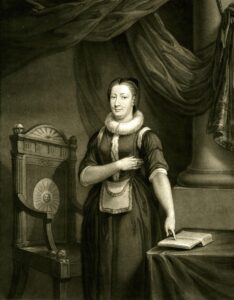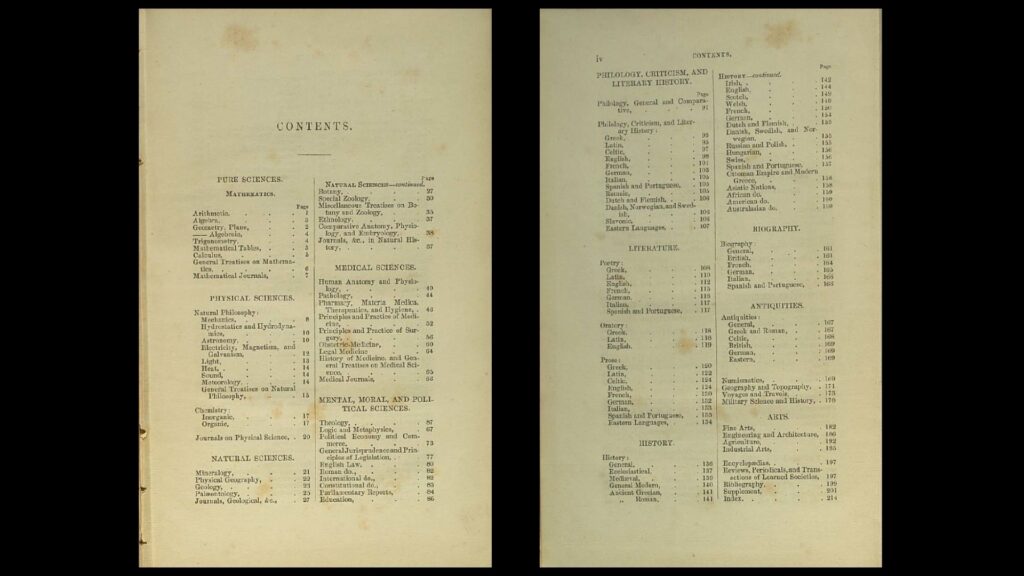Over the coming week The River-side welcomes guest posts from Patrick McKee and Andrew Neville. Both Andrew and Patrick were students on the 2019/2020 MA in Medieval History in UCC. This course includes the HI6091: Skills for Medieval Historians module, co-designed and co-delivered by Elaine Harrington and Dr Malgorzata Krasnodębska-D’Aughton. Part of the HI6091 module, includes specifically tailored work placements which focus on primary sources and a public output derived from work on these sources.
In non-COVID19 times the work placement has comprised:
- 40 hours in Special Collections building on skills learned in creating the online exhibition by shadowing me in various preparatory tasks, undertaking a collection care task and creating a finding aid.
- 20 hours in General Collections doing shelving and associated tasks
- 10 hours for gaining greater understanding of general library operations benefiting the student’s studies. This is achieved by various visits (30 –60 mins) to different parts of the library: the liaison librarian team; InterLibrary Loan; acquisitions, cataloguing and electronic resources; Library & IT Services including the Ask Us desk; academic technologies such as 3D Printing, Library Studio & VR Suite; UCC Library Archives; Scholarly Communications including UCC’s Institutional Repository & Research Data Management; Brookfield branch & medical library.
Pivoting Online
However as the first quarter of 2020 progressed, it was clear that the work placement normally undertaken from early March onward would be solely online. As each staff member and library were then in a state of short-notice pivot this meant in the absence of spending time in UCC Library’s wider operational landscape, I needed to identify what the key skills were for the work placement and how they could be achieved within the milieu of Special Collections alone. To gain greater knowledge and understanding about Special Collections I identified various MOOCs from Trinity College Dublin:
- The Book of Kells: Exploring an Irish Medieval Masterpiece
- The History of the Book in the Early Modern Period: 1450-1800
Each was to be watched / read with the student completing a HI6091 portfolio reflection entry; however there was no assessment and no payment for certification was required. There are many MOOCs available on the history of the book but I was interested in choosing ones that resonated with Medieval History and particularly so in an Irish context: choosing the Book of Kells is self-evident and the Civitates orbis terrarum used for the online exhibition is of the early modern period.
During the first lockdown from mid-March to mid-July I, like many colleagues, was working from home with a limited supply of digital surrogates. Using these digital images I created tasks that would be of interest to the work placement student and would have output useful for Special Collections. By the end of summer 2020 Andrew Neville and Patrick McKee had each completed Special Collections’ first online student work placement using items from UCC Library’s collections.
Patrick McKee’s Online Work Placement
Patrick had come to me with a research question which he wanted to investigate: that of the Lady Freemason Elizabeth Aldworth. He had his own copy of John Day’s memoir and together we identified other potential primary sources he could investigate during his work placement: newspapers, Rosemary ffolliott’s typed card index, historical works about Cork and county, maps and charters. However only one-fifth of these were available online in the lock-down period. Nevertheless Patrick completed preliminary investigations into Elizabeth Aldworth.

As the initial research task had now reduced in scope I constructed a finding aid task for 11 of 32 prints from Pierce Egan’s Life in London or, the Day and Night Scenes of Jerry Hawthorn, esq., and his elegant friend, Corinthian Tom, accompanied by Bob Logic, the Oxonian, in their rambles and sprees through the Metropolis (1821). Again I located online videos about early 19th century prints and how to handle them:
- About Print Collections (V&A)
- How to Handle Prints, Drawings & Photographs (British Library video)
- Handling Tips for Pictorial Collections (Library of Congress)
- British Cartoon Prints (Library of Congress)
Patrick used the standard finding aid template for prints to describe each one: format, date, caption including engraver or printed by, plate number, provenance markings and a description of what the print scene is. Patrick blogged about Elizabeth Aldworth and a selection of the prints.

The skills gained from completing the MOOCs, the research project, creating a finding aid and blog posts were: an awareness of range of items held in Special Collections and knowledge about listing non-book content in Special Collections and promotion thereof. These print items can be used in conjunction with other graphic collections: Cartographic Visual, Turner and Ungerer. 2021 marks the 200th anniversary of Life in London and the remaining 21 prints will be listed over the course of 2021.
Andrew Neville’s Online Work Placement
During Andrew’s work placement he investigated digital catalogue projects, how university collections evolve in response to changing disciplines, and how individuals respond to items in the collection.
Queen’s College Cork was founded in 1845 and opened to students in 1849. It became University College, Cork, under the Irish Universities Act of 1908. The Queen’s College Cork classified catalogue was printed in 1860 and is not currently available on the Internet Archive, Project Gutenberg or on any UCC site. First Andrew was to become familiar with both the School of History‘s and UCC‘s early history. To learn more about the creation of the classified catalogue Andrew read excerpts from the The Report of the President 1859-1860 and 1860-1861 (accessed through the U.K. Parliamentary Papers database). The Queen’s College Cork Classified Catalogue uses 4vo, 8vo and folio to indicate the size of books whereas modern cataloguers use cm to indicate the height of a book. Therefore I recommended that Andrew read an article or watch a video about book sizes.

To learn more about library catalogues and how they can be used to prompt research I suggested reading Medieval Libraries of Great Britain and British Medieval Libraries Catalogues, followed by two of Prof. Richard Sharpe’s Lyell Lectures: Medieval Libraries of Great Britain and British Medieval Library Catalogues. In preparation for Andrew writing his blog post I advised exploring Unlocking the Archive: Discover Historic Books and in particular Blickling Estate to unlock some of the features of those books.
As the classified catalogue is 245 pages long Andrew worked with the section relating to ‘Irish History.’ He used the standard template for exploring donations and catalogues listing the details of each book in the that section.

From the listing he chose two books to blog about. For this he had to check which items are both in the Queen’s College Cork Library Catalogue and in the current library catalogue. The holdings of UCC Library have changed substantially since 1860. Some books are old-fashioned in their thinking or may no longer be relevant. Some newer editions of items may have been published and the older items withdrawn. Some items may have been withdrawn because of general wear and tear since 1860. New disciplines have since been established for example UCC’s Department of Microbiology came into being when Dr Michael Grimes became Prof. of Dairy Bacteriology in 1940. Therefore not all books from the Queen’s College Cork classified catalogue might still be in the current online library catalogue.
The skills gained from completing the MOOCs, creating a finding aid and blog posts were: an awareness of range of items held in Special Collections, the requisite knowledge for using print catalogues and differences between print / online versions. Over the course of 2021 the Queen’s College Cork classified catalogue will be used as a starting point for various research investigations into the collections.
Further Reading
A classified catalogue of the books contained in the library of the Queen’s College, Cork: with a supplement, bringing it down to November 1st 1860. Dublin: Printed by Alex. Thom & Sons, 1860.
The Report of the President of Queen’s College, Cork 1859-1860. p.7, 98.
The Report of the President of Queen’s College, Cork 1860-1861. p. 8, 96-97.
